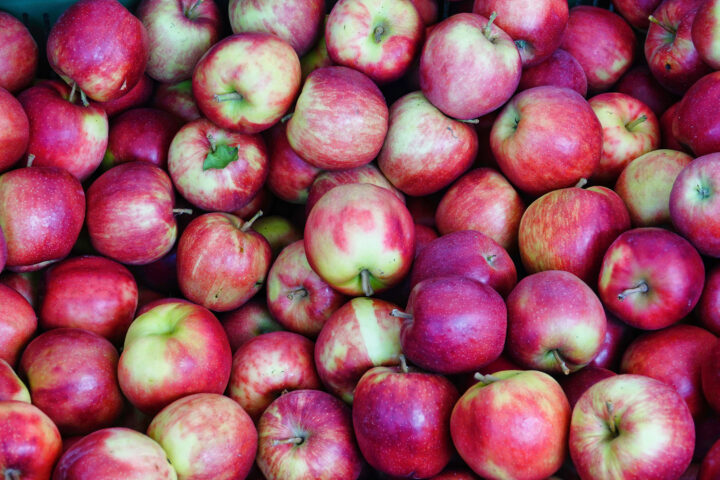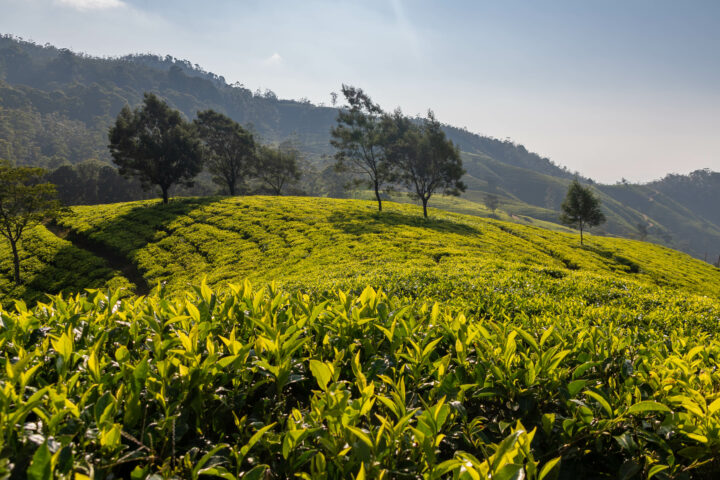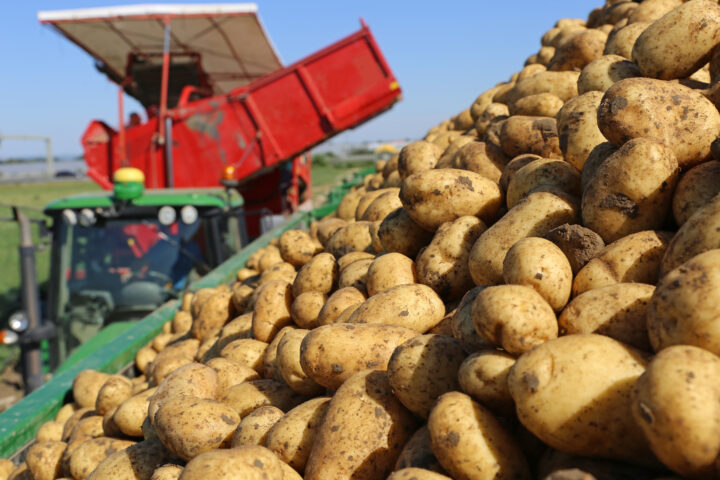
Agriculture does not come from the office chair
The many new rules mean that farmers face almost impossible tasks. As is so often the case, well-intentioned regulation makes everyday solutions for resource-efficient production impossible. Three experts express their criticism in the farming media and consider the long list of planned measures to be far removed from practice. The question is what will happen if farmers are "put off" practicing their profession one day.
Thursday, November 25, 2021
For many years, Dr. Andreas Keiser, lecturer in arable farming and plant breeding at the University of Agricultural, Forestry and Food Sciences HAFL in Zollikofen, has been working with his research group on the goal of significantly reducing the use of plant protection products in arable farming without jeopardizing yield safety and quality. He is critical of the planned agricultural policy reforms in arable farming, he told the magazine "Die Grüne": "Modern technologies, resource efficiency or integrated production would be ignored."
High administration costs
Sepp Sennhauser, co-president of Bio Ostschweiz and St. Gallen Central Cantonal Council member, is also dissatisfied with the long list of new regulations for agriculture: "Drag hose obligation, lowering path for pesticides and nutrients, protein program instead of GMF, old cows program, 3.5 percent biodiversity area on arable land, mass livestock initiative, counter-proposal, etc. There will be programs that may have a noble goal, but are miles away from practice." He is certain that the rules would above all lead to additional official and control bodies, with the associated obligations and costs.
Lack Of Human Resources
For many companies, all these administrative requirements are not reasonable. Farmers lack human resources. According to contractor Martin Herzig, plant protection is becoming a fully professional task. To the "Bauernzeitung", Herzig says: "There is a lack of practical relevance for many offices." You have to get out of the office chair if you want to pass sensible laws. It is not possible now or in the future to farm from the desk. With some dismay, Herzig says: "It is said time and again that it is becoming easier in terms of bureaucracy, but it is exactly the opposite that happens."
More Import
The bureaucratization of agriculture is driving many farmers out of their jobs. The experts agree: They want to produce food in Switzerland. Switzerland has good production conditions and also an obligation to produce an adequate proportion of the food here. But as regulations and bureaucracy increasingly slow down productive agriculture, emissions are shifting abroad and food imports are inevitably increasing. The environment and climate are not helped.
Keeping the agricultural profession attractive
The challenge of keeping farmers in agriculture and inspiring young people to become farmers is a major issue all over the world. According to UN forecasts, the world population will rise to 10 billion by 2050, of which 70 percent will live in cities. Put simply, the 30 percent of the world's population living in rural areas must feed the rest. Technological support not only promotes the attractiveness of the profession, but also enables older and less physically capable people to practice the profession. This is all the more important in countries where the agricultural labor force is aging. In this respect, adapting agricultural technologies and agricultural policy to the skills and needs of older farmers could help older people to remain productive.
Blindspot article
Sources
FAO: The future of Food and Agriculture. Trends and challenges.
Die Grüne, No. 10 (print only)
Related articles

Science resists ban on GMO crops
The Supreme Court in the Philippines wants to stop the cultivation of genetically modified plants Golden Rice and Bt aubergine (Bacillus thuringiensis). This is anything but well received by the government and the scientific community: The ban could jeopardise the country's food security.

Where the focus lies in apple breeding
The new head of Agroscope's fruit breeding research group is Andrea Patocchi. In an interview with the trade journal Obst + Wein, he explains where the focus of apple breeding lies today.

Chinese robot picks tea
There is a shortage of tea pickers in China. A robot developed by a researcher is set to remedy the situation and take over the work in future. Thanks to artificial intelligence, the machine can even recognise the shoots of the tea plant. The first harvesting robots are also already being developed in Switzerland.

Potato farmers want robust varieties
As the use of crop protection has been massively reduced, the potato industry now wants to focus on more robust varieties. The industry has even concluded a target agreement with the federal government. This is ambitious: By 2040, robust varieties are to grow on 80% of potato cultivation areas.

